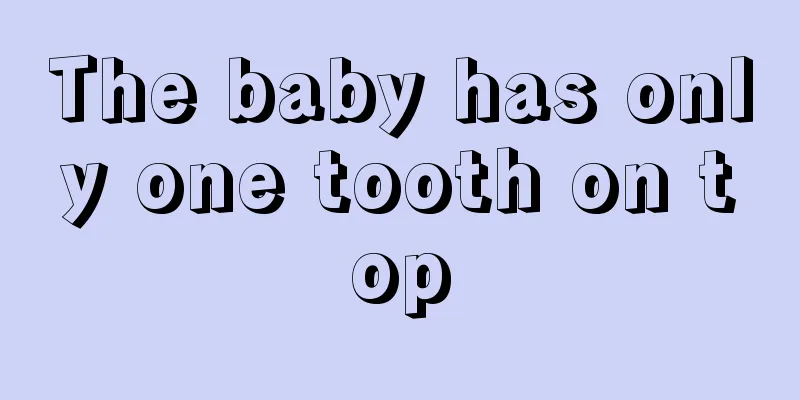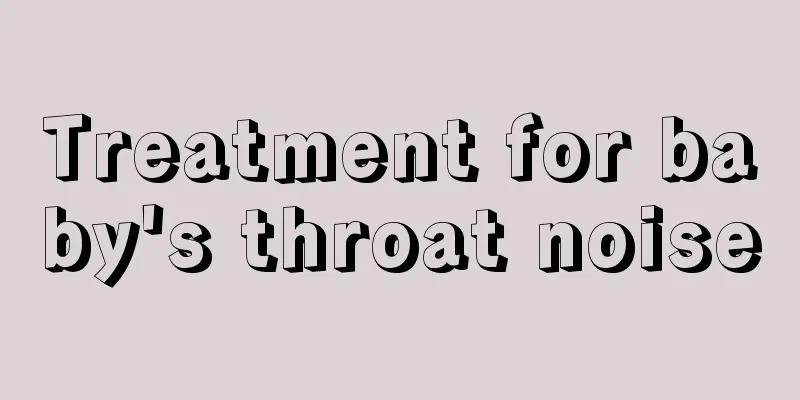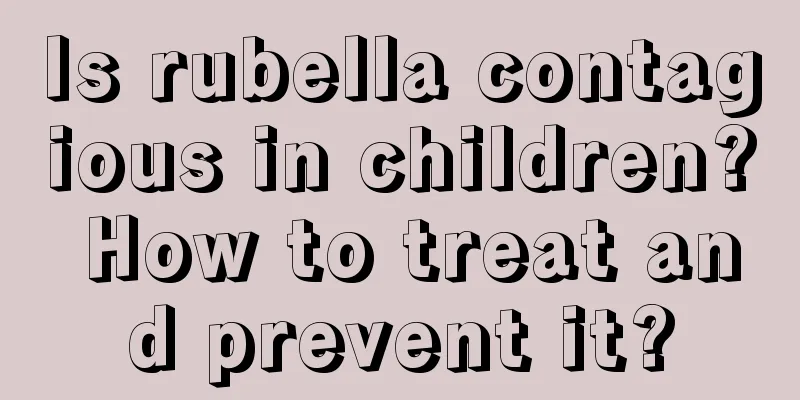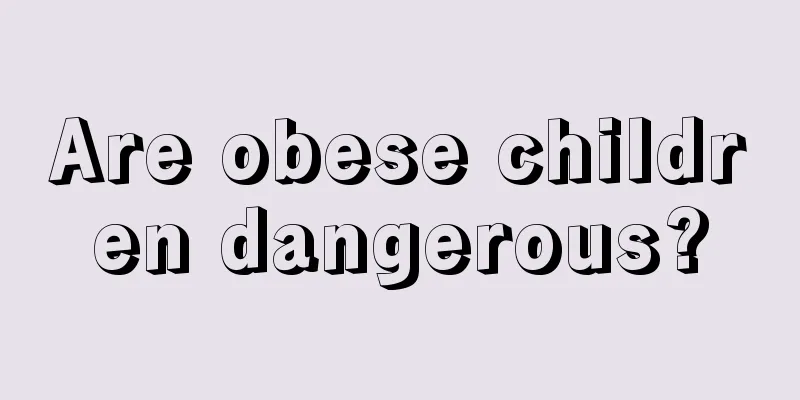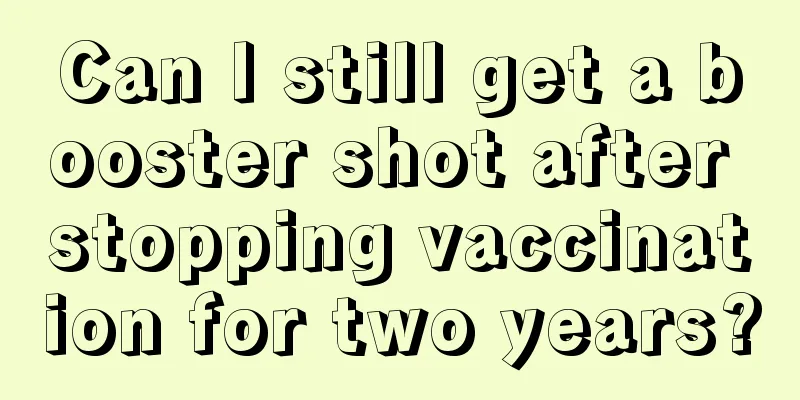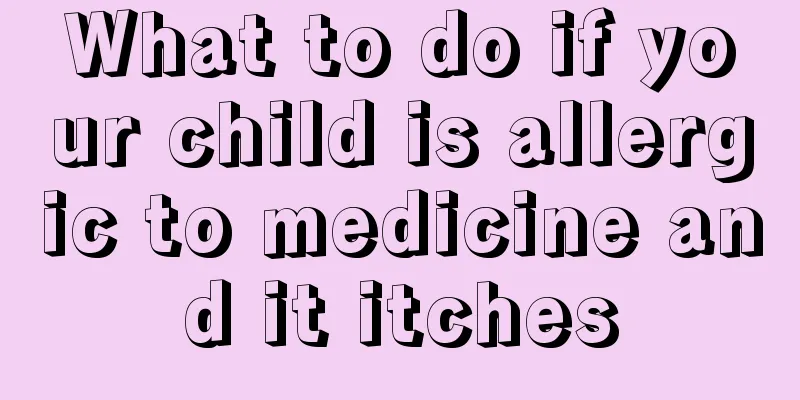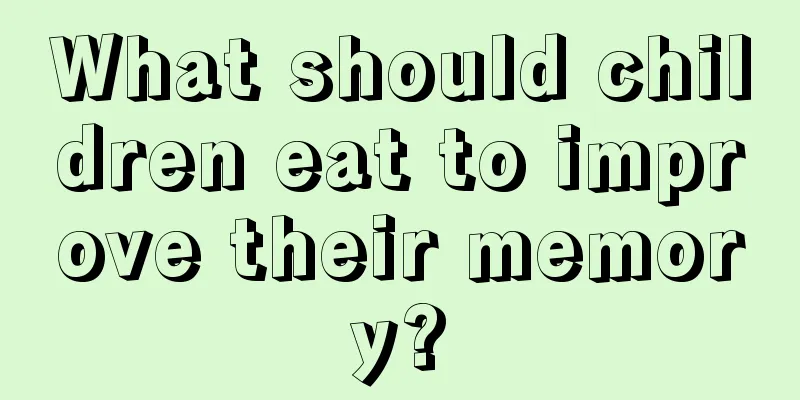What should I do if my child has a cold and a fever that won't go away?
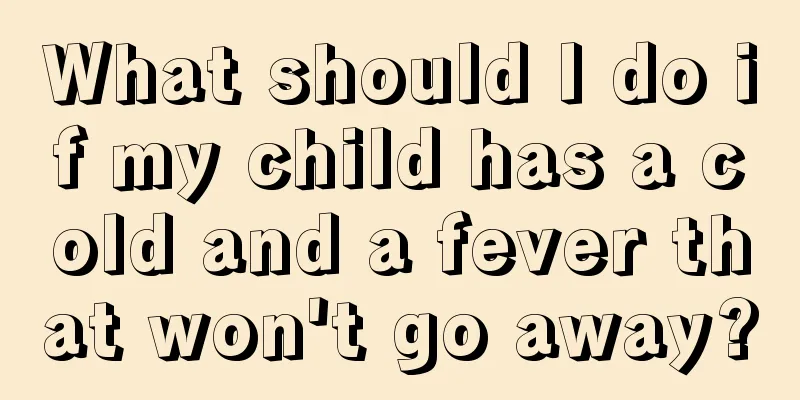
|
Children's resistance is relatively low, so they often catch colds and have persistent fevers. If parents do not treat their children in time when they suffer from this disease, then encephalitis and other symptoms are likely to occur, which has a great impact on children. When they have colds and fevers, many mothers do not know how to deal with them. So, what should we do if our children have colds and fevers? 1. Warm water bath Dip a towel in warm water (the water temperature should not be too hot to touch) and wipe the neck, armpits, and thighs for 5 to 10 minutes. You can also use a commercially available "cooling patch" (or a household ice pack) on the forehead to help dissipate heat and reduce temperature. 2. Take antipyretics When your baby's fever exceeds 38.5 degrees, the doctor will consider using oral medications or rectal suppositories to reduce your baby's fever. Or when the above physical measures are not effective, oral antipyretics can be taken to reduce the temperature. 3. Ventilation and heat dissipation Ventilate more, pay attention to heat dissipation, wear loose clothes, and avoid wrapping yourself with a quilt. You can use air conditioning in the summer and control the room temperature at around 27℃. Remember to open windows regularly to allow air convection in the room. 4. Ensure moisture Drink plenty of water and eat liquid foods, such as watermelon juice, to ensure that the body has sufficient energy and water. 5. Take off excess clothing If your baby's limbs, hands and feet are warm and he is sweating all over, it means he needs to dissipate heat and he can wear less clothes. 6. Get enough sleep Getting more sleep and ensuring adequate sleep can help you recover from the illness. However, when infants and young children under 3 years old have a high fever, physical cooling methods should be used first. Generally, antipyretic injections and antipyretic drugs are not required to avoid collapse and drug toxicity reactions. The use of other drugs should also be cautious. When a child has a fever, you should help him reduce the fever in time. If the child has a mild illness, the fever will generally last for two or three days, but the fever may also be caused by other reasons, so the method of forcibly reducing the temperature is not so scientific. Patients with serious conditions must see a doctor! |
<<: What should I do if my child has a fever for 5 consecutive days?
>>: What should I do if my child has variant asthma?
Recommend
How to take care of mentally retarded children
Children with mental retardation are a disaster f...
Baby's eye skin turns pale
The skin at the corners of our eyes generally loo...
What are the reasons why babies have difficulty falling asleep?
Baby sleeping is a problem that many mothers worr...
Baby is very sleepy and can't sleep
In everyone's impression, it is believed that...
What are the developmental indicators of eight and a half month old babies?
Every child is an angel, and the birth of a newbo...
Causes of abdominal distension in premature babies
When it comes to caring for premature babies, mot...
Causes of baby's forehead protrusion
It is not easy for many parents to notice that th...
The reason why the baby doesn't like to eat milk at four months
After the baby is born, his daily diet needs to r...
What to do if your child has yellow teeth
We all know that normal teeth should be white, bu...
What are the nursing measures for premature babies born at 28 weeks?
What are the nursing measures for premature babie...
Family rehabilitation training methods for cerebral palsy
Cerebral palsy is a very common disease nowadays....
Little girl has pain around belly button
Some girls always feel pain around their belly bu...
What should I do if my baby has a heavy tongue coating?
Many babies have the problem of thick tongue coat...
Sudden left abdominal pain in a child
Parents are more concerned about their children&#...
Commonly used medicines for children's cough
Cough is a common health problem among children. ...



